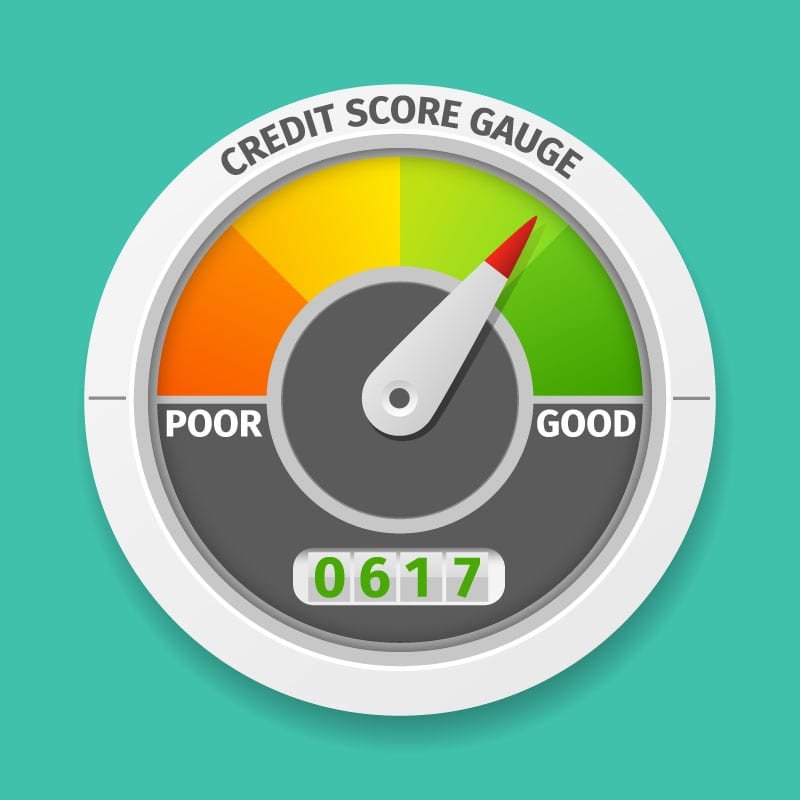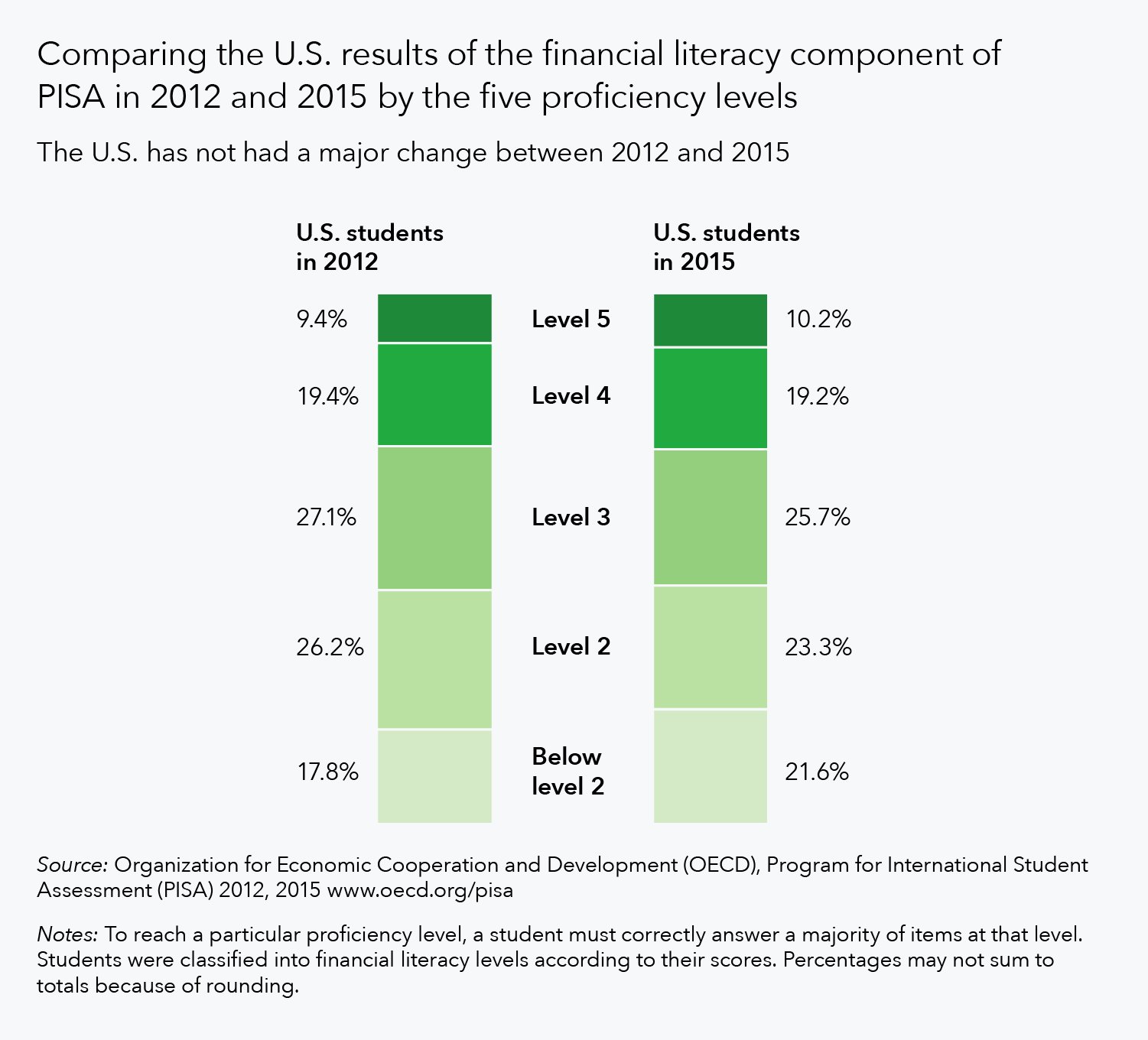Looking to boost your credit score in a jiffy? We’ve got you covered! Improving your credit score quickly may seem like a daunting task, but fear not. In this article, we’ll provide you with some simple yet effective tips for improving your credit score in no time. By implementing these strategies, you’ll be well on your way to financial success. So, if you’re ready to take control of your credit, keep reading for some invaluable advice.
Tips for Improving Your Credit Score Quickly
Your credit score is an important indicator of your financial health. It affects your ability to secure loans, credit cards, and even rent an apartment. Whether your credit score is less than ideal due to past mistakes or you’re looking to boost it for future financial endeavors, there are steps you can take to improve your credit score quickly. In this article, we’ll explore various tips and strategies to help you elevate your credit score and achieve your financial goals.
1. Pay Your Bills on Time
One of the most crucial factors in determining your credit score is your payment history. Payment history accounts for around 35% of your overall credit score, making it essential to pay your bills on time. Late or missed payments can significantly impact your credit score. Here are some tips to ensure timely payments:
- Create a budget: Planning your monthly expenses can help you allocate funds for bill payments.
- Set reminders: Utilize calendar reminders or mobile apps to remind you of upcoming payment due dates.
- Consider auto-payments: Set up automatic payments through your bank account to avoid missing due dates.
- Pay more than the minimum: If possible, pay more than the minimum payment to reduce your outstanding balance and interest charges.
2. Reduce Your Credit Utilization Ratio
Your credit utilization ratio is the percentage of available credit you are currently using. It is calculated by dividing your total credit card balances by your total credit limit. Lowering your credit utilization ratio can have a positive impact on your credit score. Here’s how you can reduce your credit utilization ratio:
- Pay down outstanding balances: Focus on reducing your credit card balances to decrease your overall credit utilization.
- Request credit limit increases: Contact your credit card issuers and ask for a credit limit increase. This can help improve your credit utilization ratio, as long as you don’t increase your spending.
- Limit new credit card applications: Opening multiple new credit card accounts within a short period can negatively affect your credit score.
- Keep old credit cards open: Closing credit card accounts can increase your credit utilization ratio, so it’s generally better to keep them open unless necessary.
3. Check Your Credit Reports Regularly
It’s essential to keep track of your credit reports to ensure accuracy and identify any potential errors. Mistakes on your credit report can harm your credit score, so it’s crucial to check for and dispute any errors promptly. Follow these steps to monitor your credit reports:
- Order free credit reports: Each year, you are entitled to a free credit report from each of the major credit reporting bureaus (Equifax, Experian, and TransUnion). Visit AnnualCreditReport.com to access your reports.
- Review your credit reports: Scrutinize your reports for any inaccuracies, such as incorrect account information or unauthorized accounts.
- Dispute errors: If you spot any errors, contact the credit bureaus to dispute and resolve them. Provide supporting documentation, if necessary.
- Monitor regularly: Consider subscribing to a credit monitoring service to receive real-time updates and alerts about changes to your credit report.
4. Diversify Your Credit Mix
Credit mix refers to the different types of credit accounts you have, such as credit cards, loans, and mortgages. Having a diverse credit mix can positively impact your credit score, demonstrating your ability to manage various types of credit responsibly. Here’s how you can diversify your credit mix:
- Consider different credit accounts: If you’ve primarily used credit cards, you may want to explore other credit options, such as a personal loan or a mortgage.
- Use caution with new accounts: While diversifying your credit mix is beneficial, be mindful of opening too many new accounts within a short period, as it can temporarily lower your score.
- Make timely payments on all accounts: Regardless of the type of credit account, ensure you make all payments on time to maintain a positive payment history.
5. Keep a Long Credit History
The length of your credit history is another important factor that impacts your credit score. A longer credit history allows creditors to assess your creditworthiness more accurately. If you’re new to credit or have limited credit history, follow these tips to build a long credit history:
- Open a credit card: Consider applying for a secured credit card or become an authorized user on someone else’s credit card to start building credit.
- Make small purchases: Use your credit card for small, manageable purchases and pay off the balance in full each month.
- Avoid closing old accounts: Closing old credit card accounts can shorten your credit history, so it’s generally better to keep them open.
6. Limit Credit Inquiries
When you apply for new credit, such as a loan or credit card, the lender may perform a hard inquiry on your credit report. While a single hard inquiry may have a minimal impact on your credit score, multiple inquiries within a short period can be detrimental. Here’s how you can limit credit inquiries:
- Apply for credit selectively: Only apply for credit when necessary and avoid submitting multiple applications simultaneously.
- Space out credit applications: If you need to apply for credit, try to space out the applications over a longer period.
- Monitor pre-approved offers: Opt out of pre-approved credit offers to reduce the number of potential inquiries.
7. Seek Professional Help if Needed
If you’re struggling to improve your credit score or have complex credit issues, seeking professional help can be beneficial. Credit counseling agencies can provide guidance and assistance in managing your finances and improving your credit. When choosing a credit counseling agency, consider the following:
- Research reputable agencies: Look for accredited and non-profit credit counseling agencies with a track record of helping individuals improve their credit.
- Ensure transparency: The agency should be transparent about their fees, services, and any potential conflicts of interest.
- Check for reviews and complaints: Read reviews and check for any complaints against the agency with consumer protection organizations, such as the Better Business Bureau.
Taking proactive steps to improve your credit score can have a significant impact on your financial future. By paying your bills on time, reducing your credit utilization ratio, monitoring your credit reports, diversifying your credit mix, building a long credit history, limiting credit inquiries, and seeking professional help when needed, you can improve your creditworthiness and open doors to better financial opportunities. Remember, improving your credit score is a journey that requires patience and discipline, but the rewards are well worth it.
How to RAISE Your Credit Score Quickly (Guaranteed!)
Frequently Asked Questions
Tips for Improving Your Credit Score Quickly – FAQs
What is a credit score, and why is it important?
A credit score is a numerical representation of your creditworthiness, which is used by lenders to determine your creditworthiness. It is essential because it affects your ability to obtain loans, credit cards, and favorable interest rates.
How can I improve my credit score quickly?
To improve your credit score quickly, you can follow these steps:
1. Pay your bills on time.
2. Reduce your credit card balances.
3. Limit new credit applications.
4. Regularly check your credit report for errors.
5. Keep old credit accounts open.
Will closing a credit card improve my credit score?
Closing a credit card can actually harm your credit score in some cases. If the card is one of your oldest accounts or has a high credit limit, closing it may negatively impact your credit utilization and credit history. It’s generally better to keep the card open and not use it excessively.
How long does it take to improve a credit score?
The time it takes to improve a credit score varies depending on your individual circumstances. However, by consistently practicing good credit habits, such as paying bills on time and reducing debt, you can start seeing improvements within a few months.
Can I improve my credit score if I have a history of late payments?
Yes, you can still improve your credit score even if you have a history of late payments. Start by making all your payments on time moving forward. Over time, as the positive payment history outweighs the negative, your credit score will gradually improve.
Is it worth hiring a credit repair company to improve my credit score?
While credit repair companies claim to help improve your credit score, their services often come at a cost. It’s important to note that you can do most credit repair tasks yourself, such as disputing errors on your credit report and negotiating with creditors. Consider saving the money and taking direct action to improve your credit instead.
Will my credit score improve if I pay off all my debts?
Paying off your debts can have a positive impact on your credit score. It demonstrates responsible financial behavior and reduces your credit utilization ratio. However, the improvement may not be immediate, as credit scores are based on several factors, including payment history and credit history length.
Can using a credit counseling service help improve my credit score?
Credit counseling services can offer assistance with managing your debts and creating a budget. While they don’t directly improve your credit score, they can help you develop good financial habits that, over time, can positively impact your creditworthiness.
Final Thoughts
Improving your credit score quickly requires a proactive approach and a few strategic steps. First, pay your bills on time, as this is one of the most significant factors affecting your credit score. Secondly, reduce your overall credit card utilization by keeping your balances low. Additionally, avoid opening multiple new credit accounts within a short period. Regularly checking your credit report for errors can also make a big difference. Finally, consider keeping your old credit accounts open and active, as long credit history demonstrates stability. By implementing these tips for improving your credit score quickly, you can ensure a better financial future.



